Latest News

Celebrating ‘Erving’s living room’: Library marks fifth anniversary
ERVING — While the COVID-19 virus began raising alarm in March 2020, former Erving Public Library Director Barbara Friedman recalls being skeptical of the pandemic shutting down the new library, which had just opened to the public on March 1.
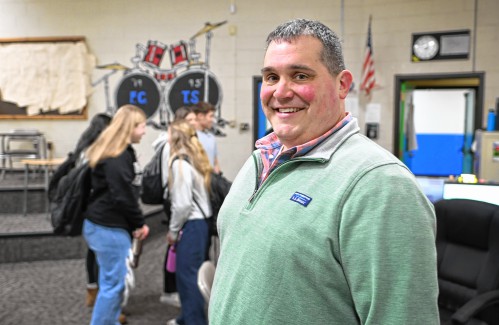
Franklin Tech English teacher honored for bringing ‘the very best’ out of students
TURNERS FALLS — Franklin County Technical School English teacher Jay Butynski describes himself as “a goofball by nature,” a quality he doesn’t hide from students who have come to find his classroom a safe and engaging place.
Sports
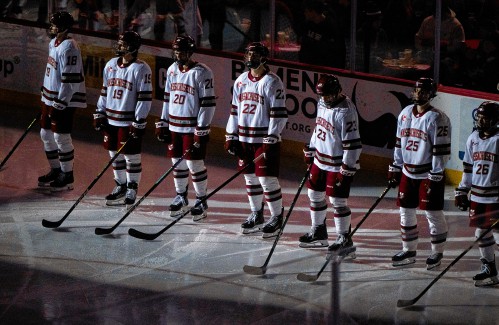
UMass hockey: Minutemen fall to Western Michigan, 2-1, in Fargo Regional final
The UMass hockey team’s season came to a close in its 2-1 loss to Western Michigan during the Fargo Regional final of the NCAA Tournament on Saturday night in Fargo, North Dakota.
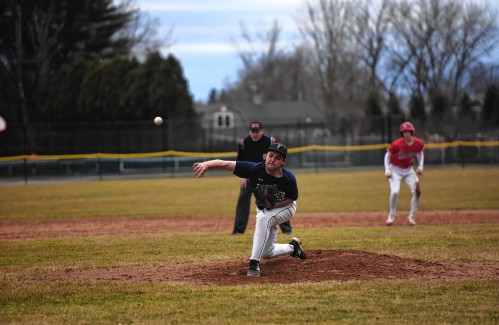 HS Roundup: Frontier baseball moves to 2-0 following 7-3 triumph over Hampshire
HS Roundup: Frontier baseball moves to 2-0 following 7-3 triumph over Hampshire
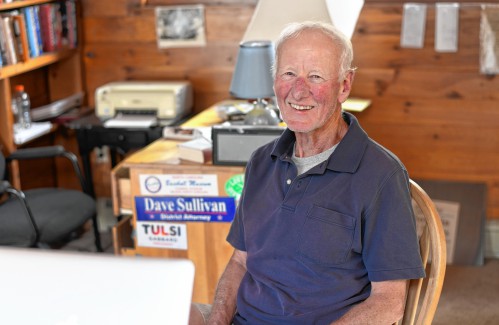 Keeping Score with Chip Ainsworth: Spring training in Florida: Part 2
Keeping Score with Chip Ainsworth: Spring training in Florida: Part 2
Opinion

My Turn: First, they came for the idea of the common good
 Letter: Striking Parallels to Nazism
Letter: Striking Parallels to Nazism
 Linda and Bill Oldach: Grosky for selectman
Linda and Bill Oldach: Grosky for selectman
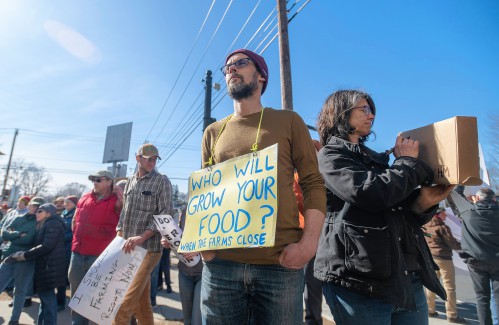 My Turn: Slashing of farming, food support senseless
My Turn: Slashing of farming, food support senseless
 My Turn: Cleared for an Ichetucknee River paddle
My Turn: Cleared for an Ichetucknee River paddle

Your Daily Puzzles

An approachable redesign to a classic. Explore our "hints."

A quick daily flip. Finally, someone cracked the code on digital jigsaw puzzles.

Chess but with chaos: Every day is a unique, wacky board.

Word search but as a strategy game. Clearing the board feels really good.

Align the letters in just the right way to spell a word. And then more words.
Business
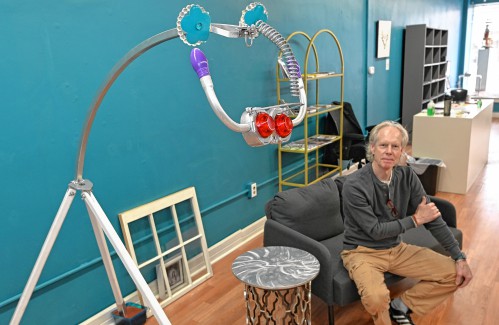
Creating a ‘mecca of local art’: JJ White opening Art Deviation Gallery & Store in Greenfield
GREENFIELD — The soon-to-open storefront at 365 Main St. will not be the first Art Deviation Gallery & Store that Greenfield resident JJ White has owned, but it will differ from the one that operated briefly in South Deerfield in 2020.
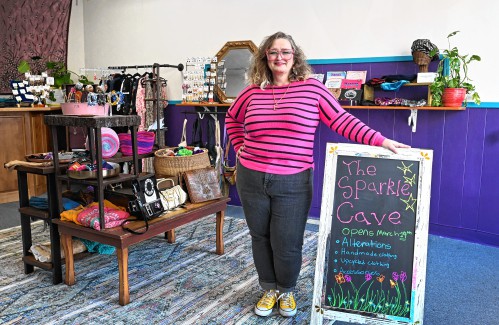 Out with fast fashion, in with sustainability: The Sparkle Cave clothing store opens in Greenfield
Out with fast fashion, in with sustainability: The Sparkle Cave clothing store opens in Greenfield
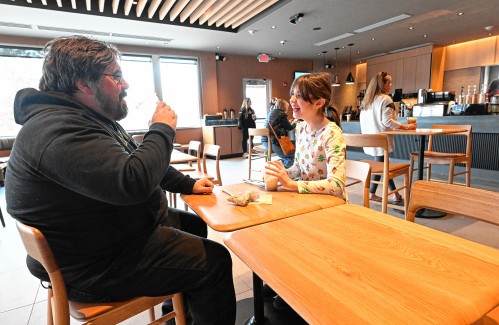 Greenfield Starbucks pours its first cup
Greenfield Starbucks pours its first cup
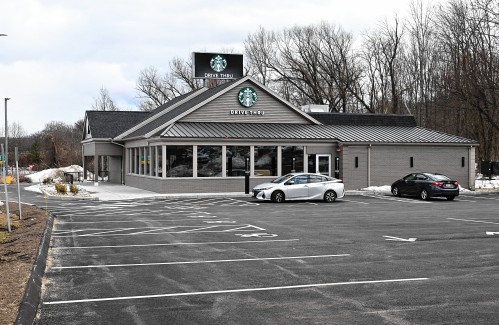 Greenfield Starbucks provides update for opening day
Greenfield Starbucks provides update for opening day
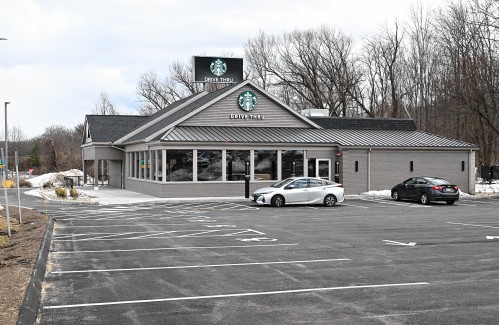 A ‘grande’ opening ahead: Greenfield Starbucks to open its doors Monday
A ‘grande’ opening ahead: Greenfield Starbucks to open its doors Monday
Arts & Life
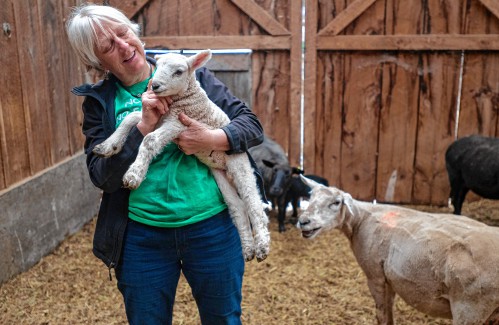
Valley Bounty: And on that farm she had a bit of everything: Little Brook Farm in Sunderland is a labor of love for farmer Kristen Whittle
Spring is here, and with it are signs of new life on farms around the Valley. Leaves are beginning to bud on fruit trees, farmers are preparing soil for the coming growing season, and at Little Brook Farm in Sunderland, day-old baby lambs are bounding around the lambing barn.
Obituaries
 Elizabeth York
Elizabeth York
Elizabeth "Betty" York Rocky Point, NY - Elizabeth "Betty" York, 84, of Rocky Point, NY passed away peacefully on March 14th, 2025 at Saint Charles Hospice. Betty was born on January 10th, 1941 in Brownington, VT to the late Elwin LaFoe... remainder of obit for Elizabeth York
 David Nieskoski
David Nieskoski
Ukiah, CA - David Joseph Nieskoski died unexpectedly of a heart attack, in bed at his Ukiah, CA, home, on January 27, 2024. His ashes are now mixed with soils beneath a Japanese maple tree in his Ukiah garden and under a stand of trees ... remainder of obit for David Nieskoski
 Linda M. Molloy
Linda M. Molloy
Turners Falls, MA - Linda M. (Gibson) Molloy, 77, of Bulkley St. passed away Saturday March 22, 2025, at home. She was born in Montague April 4, 1947, the daughter of Paul and Rita (Momaney) Gibson. Linda attended local schools and grad... remainder of obit for Linda M. Molloy
 Eleanor Ann Fisher
Eleanor Ann Fisher
Brattleboro, VT - Eleanor Ann (Reynolds) Fisher 86, (formerly from Greenfield, MA) passed away peacefully on Monday, March 24th, 2025, in Brattleboro, VT at home with her family by her side. Born in South Hero, VT on July 13th, 1941, s... remainder of obit for Eleanor Ann Fisher

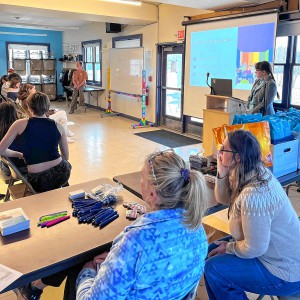 Four Rivers students participate in overdose response training
Four Rivers students participate in overdose response training
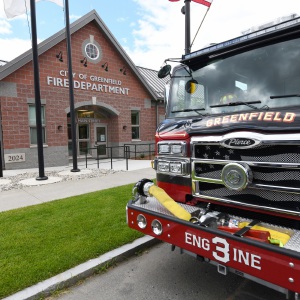 Greenfield Fire Station’s energy use 250% higher than expected
Greenfield Fire Station’s energy use 250% higher than expected
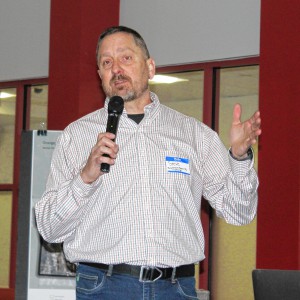 Orange residents provide input on long-range plan
Orange residents provide input on long-range plan
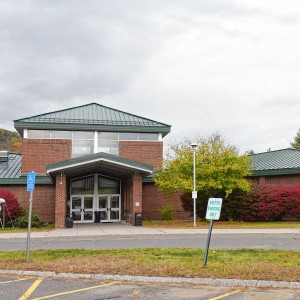 Sex assault complaint spurs review at Mohawk Trail Regional School District
Sex assault complaint spurs review at Mohawk Trail Regional School District
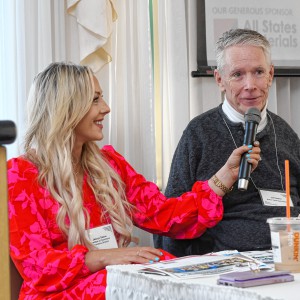 Franklin County Chamber of Commerce breakfast shines spotlight on family businesses
Franklin County Chamber of Commerce breakfast shines spotlight on family businesses
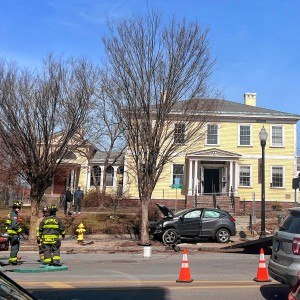 No injuries result from crash at Main, Hope streets in Greenfield
No injuries result from crash at Main, Hope streets in Greenfield
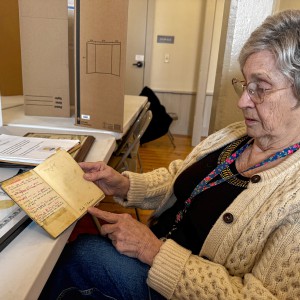 Having adapted over time, Whately Grange celebrating 85 years
Having adapted over time, Whately Grange celebrating 85 years
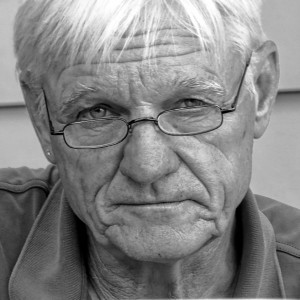 The World Keeps Turning: Free speech is a cornerstone of America
The World Keeps Turning: Free speech is a cornerstone of America
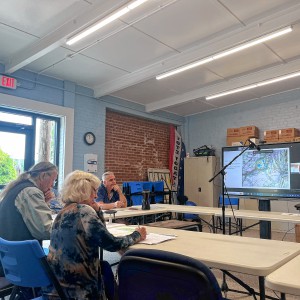 Beacon Hill Roll Call: March 17 to March 21, 2025
Beacon Hill Roll Call: March 17 to March 21, 2025
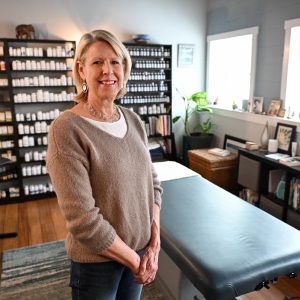 Greenfield Notebook: March 30, 2025
Greenfield Notebook: March 30, 2025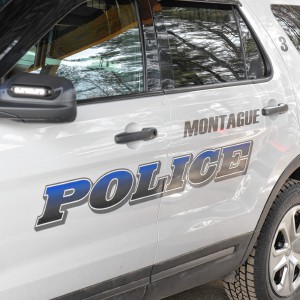 Montague Police Logs: March 10 to March 22, 2025
Montague Police Logs: March 10 to March 22, 2025 Women’s history told through clothing: Shelburne Falls Area Women’s Club to host ‘Real Clothes, Real Lives: 200 Years of What Women Wore’ author, April 9
Women’s history told through clothing: Shelburne Falls Area Women’s Club to host ‘Real Clothes, Real Lives: 200 Years of What Women Wore’ author, April 9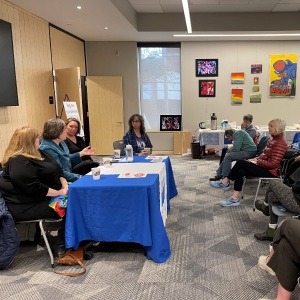 Regional Notebook: March 29, 2025
Regional Notebook: March 29, 2025 NCAA Div. 1 Men’s Ice Hockey: UMass stuns Minnesota 5-4 in OT, advances to regional final
NCAA Div. 1 Men’s Ice Hockey: UMass stuns Minnesota 5-4 in OT, advances to regional final  Greenfield boys tennis team returns to the court for the first time since 2021
Greenfield boys tennis team returns to the court for the first time since 2021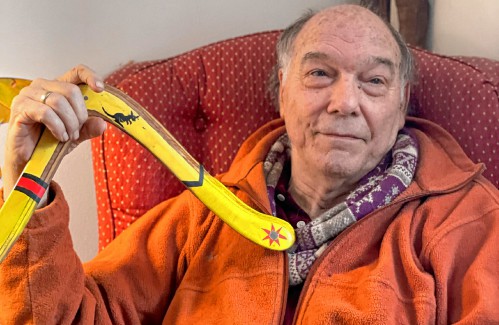 Record-breaking athlete turned renowned artist: Peter Ruhf, whose work is on display at Greenfield’s TEOLOS gallery, was once a boomerang champion
Record-breaking athlete turned renowned artist: Peter Ruhf, whose work is on display at Greenfield’s TEOLOS gallery, was once a boomerang champion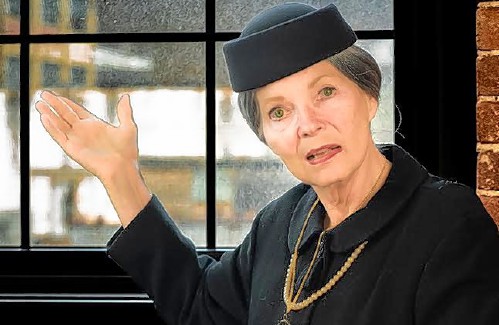 ‘A woman who should be remembered’: New play about the life of Frances Perkins, the brains behind FDR’s New Deal, April 5 and 11
‘A woman who should be remembered’: New play about the life of Frances Perkins, the brains behind FDR’s New Deal, April 5 and 11 Earth Matters: Do plants know math? Three Valley plants share a surprising secret
Earth Matters: Do plants know math? Three Valley plants share a surprising secret Fish theme brought varied approaches: Three films awarded at fifth annual Lights! Camera! Greenfield! competition
Fish theme brought varied approaches: Three films awarded at fifth annual Lights! Camera! Greenfield! competition
